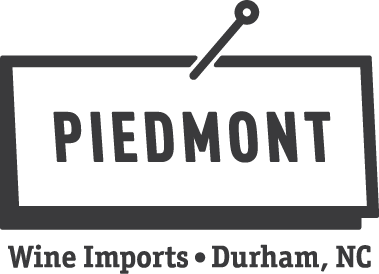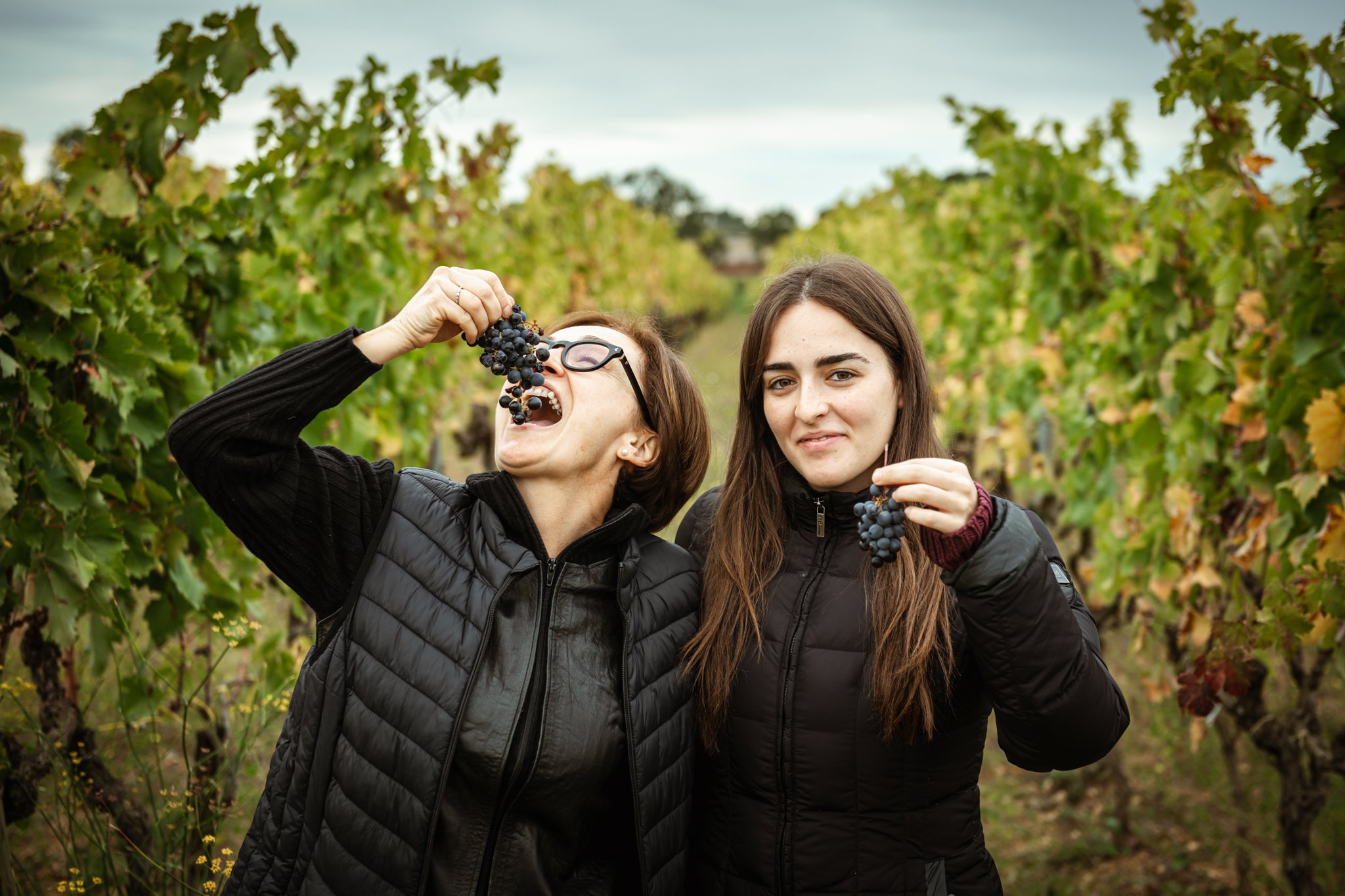
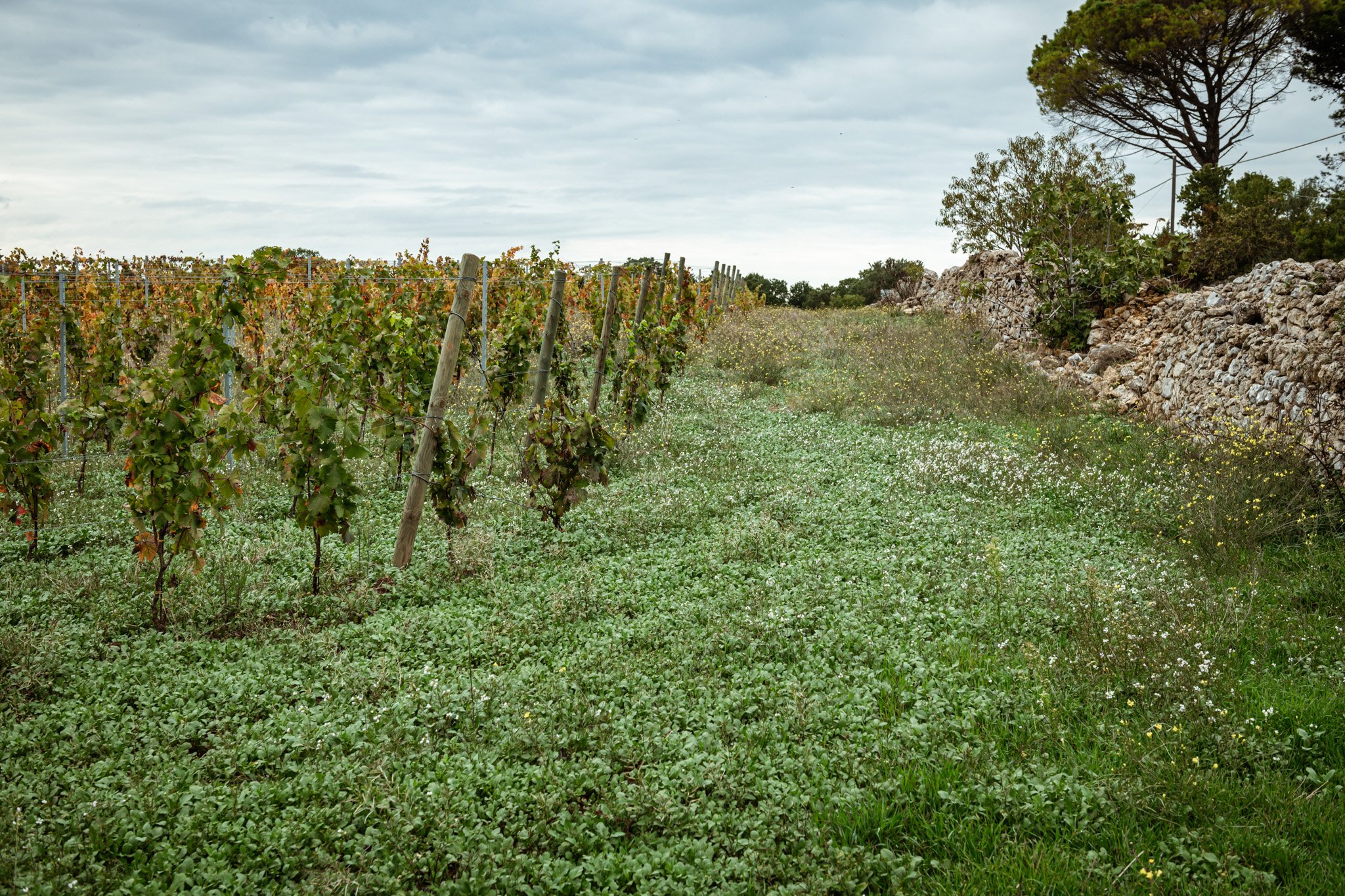
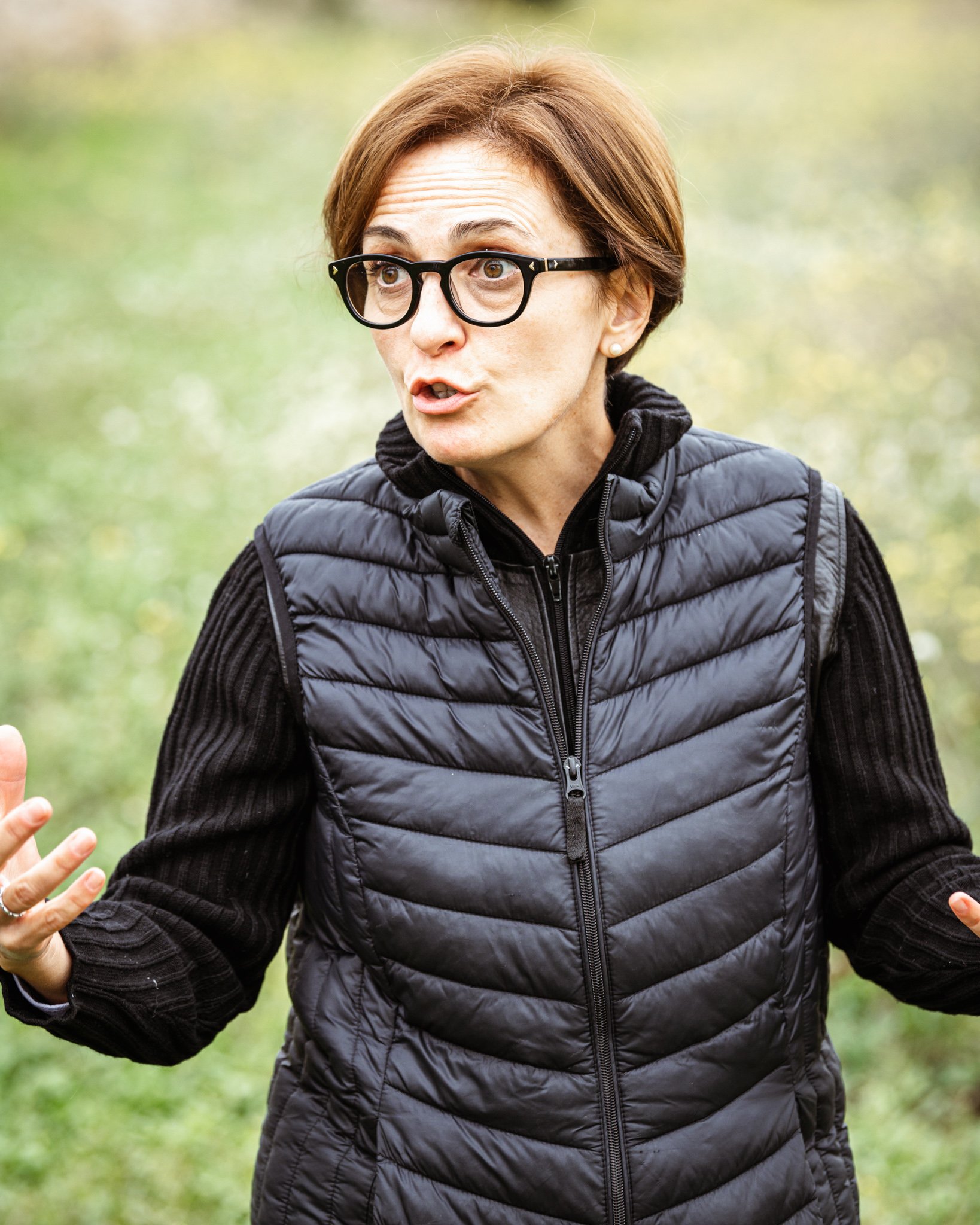
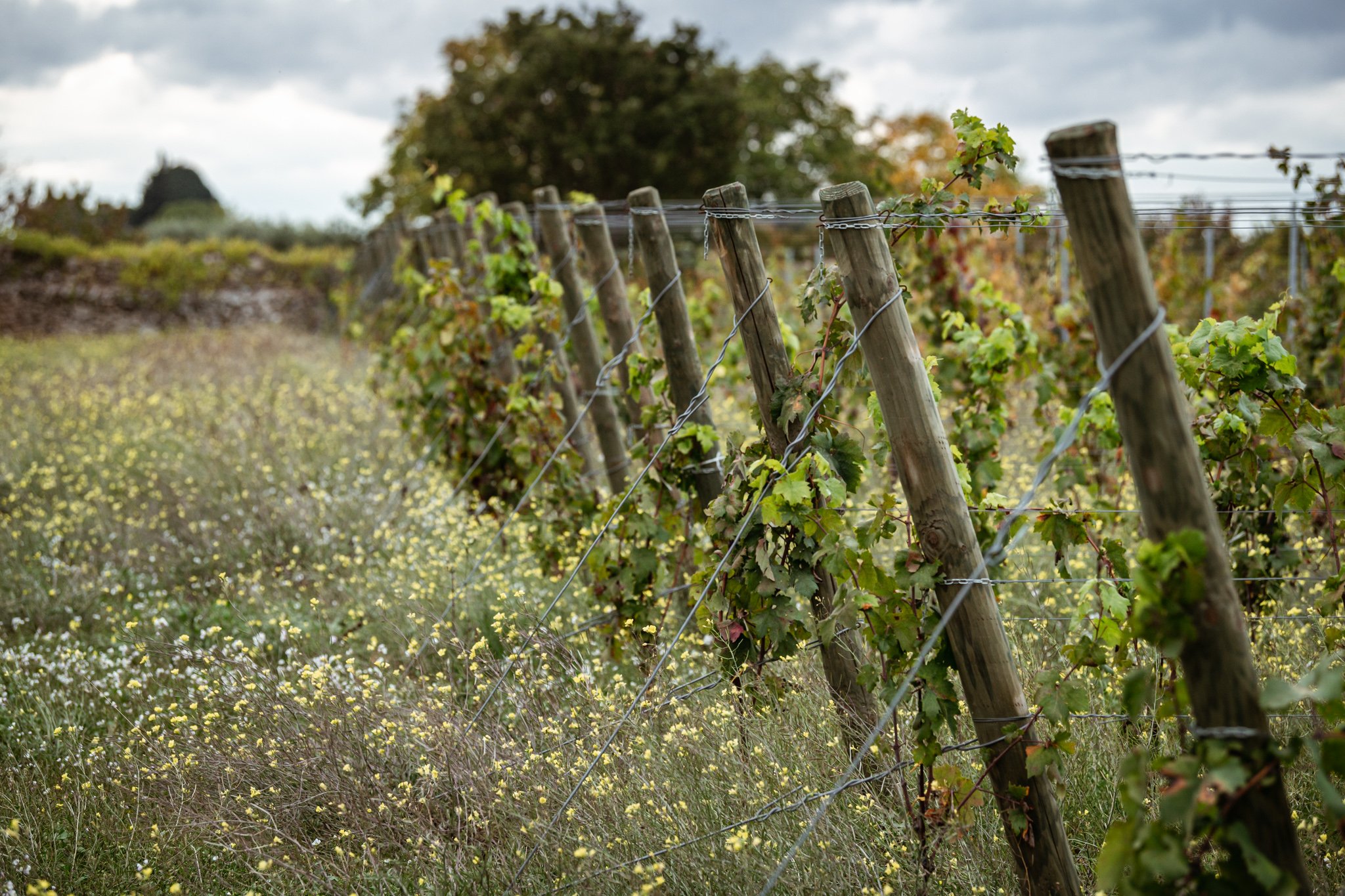
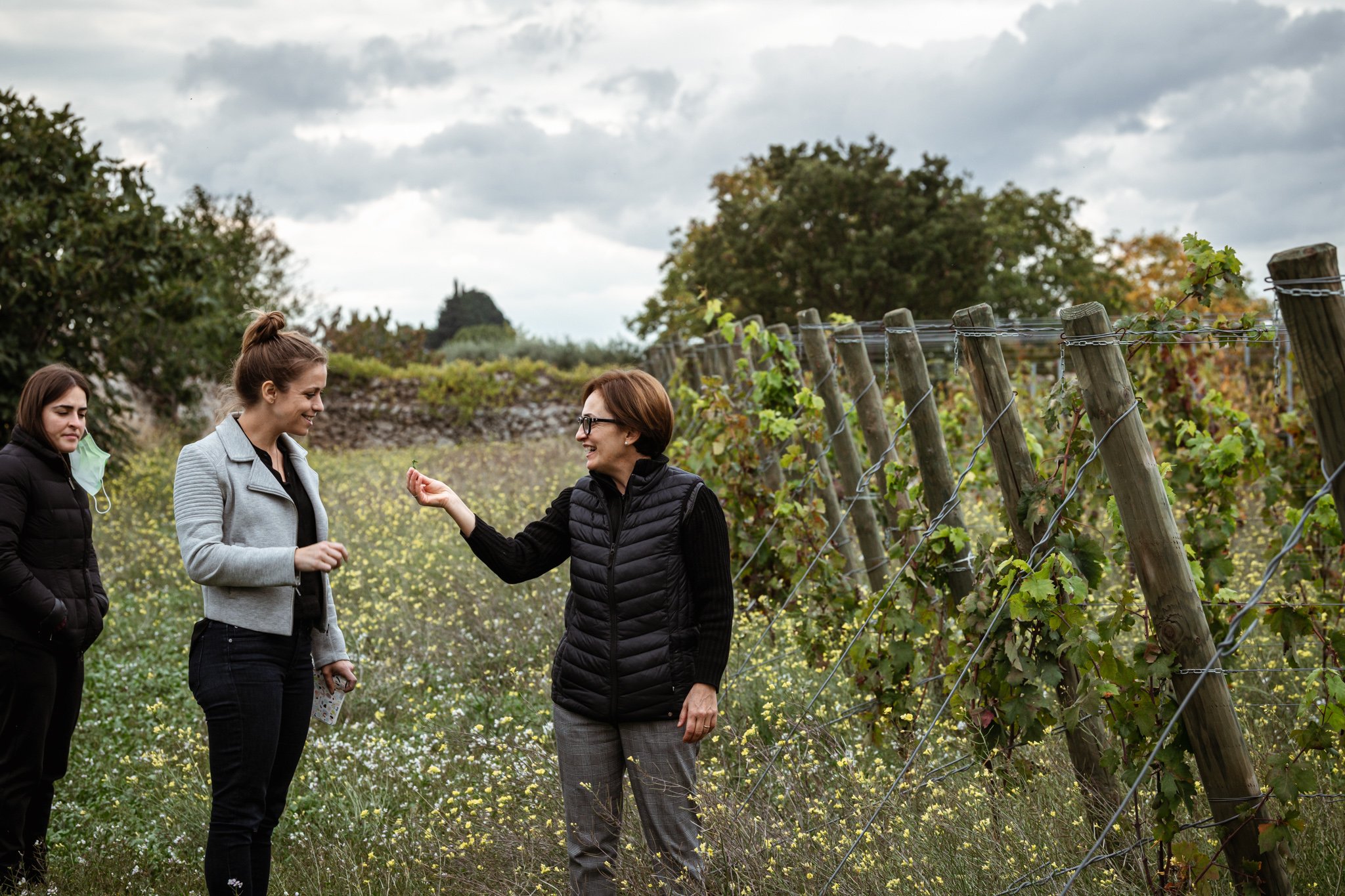
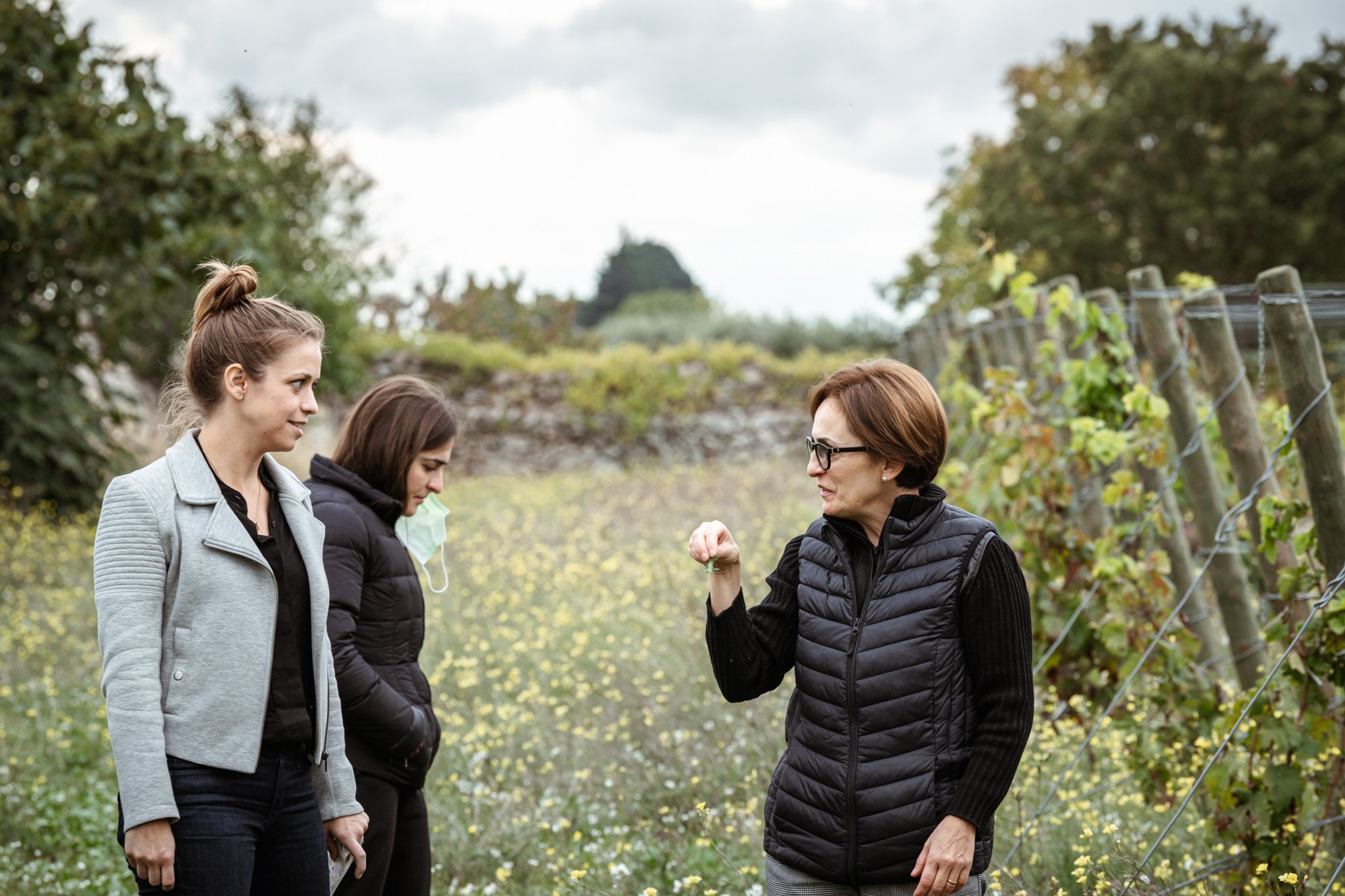
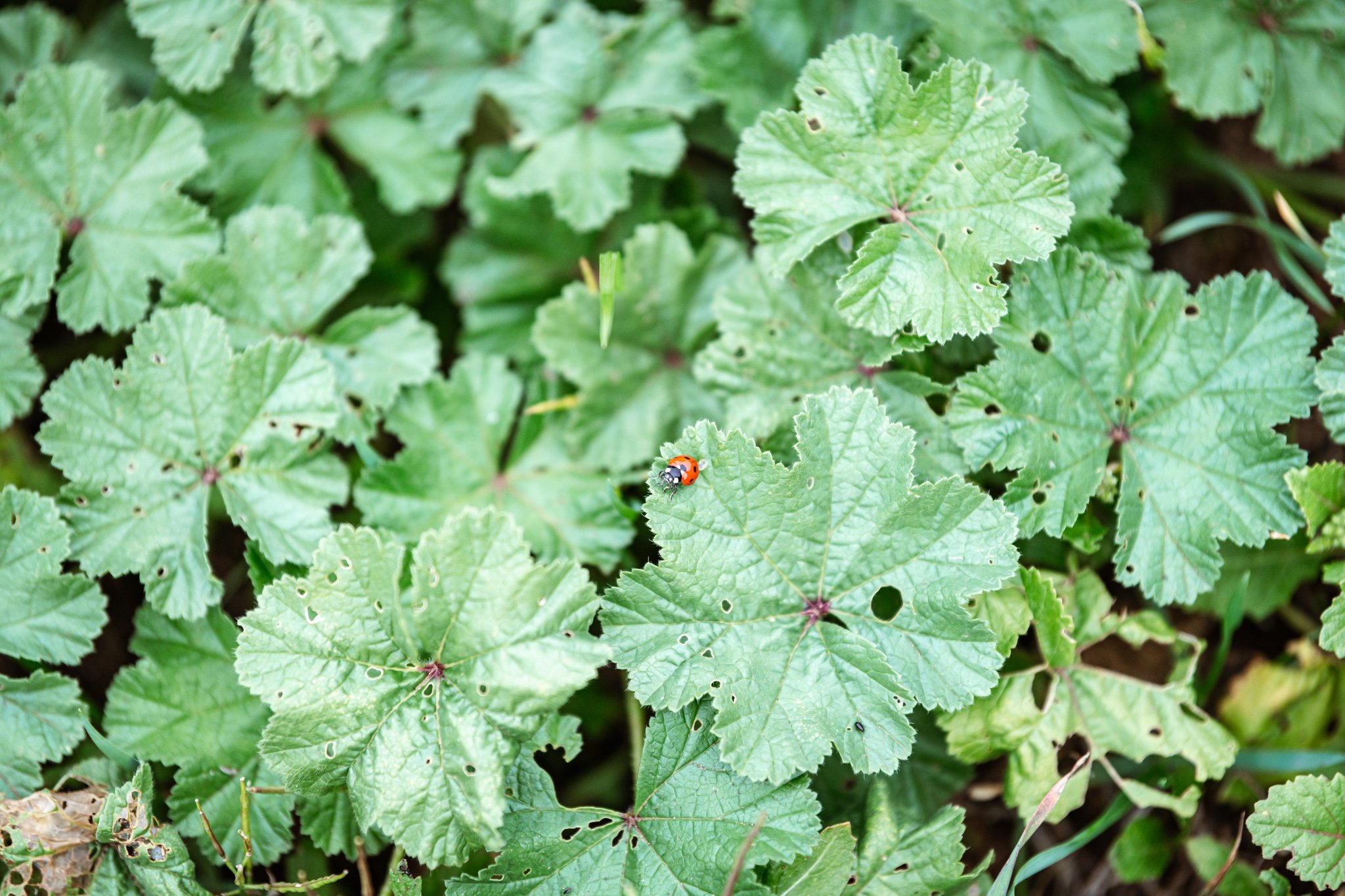
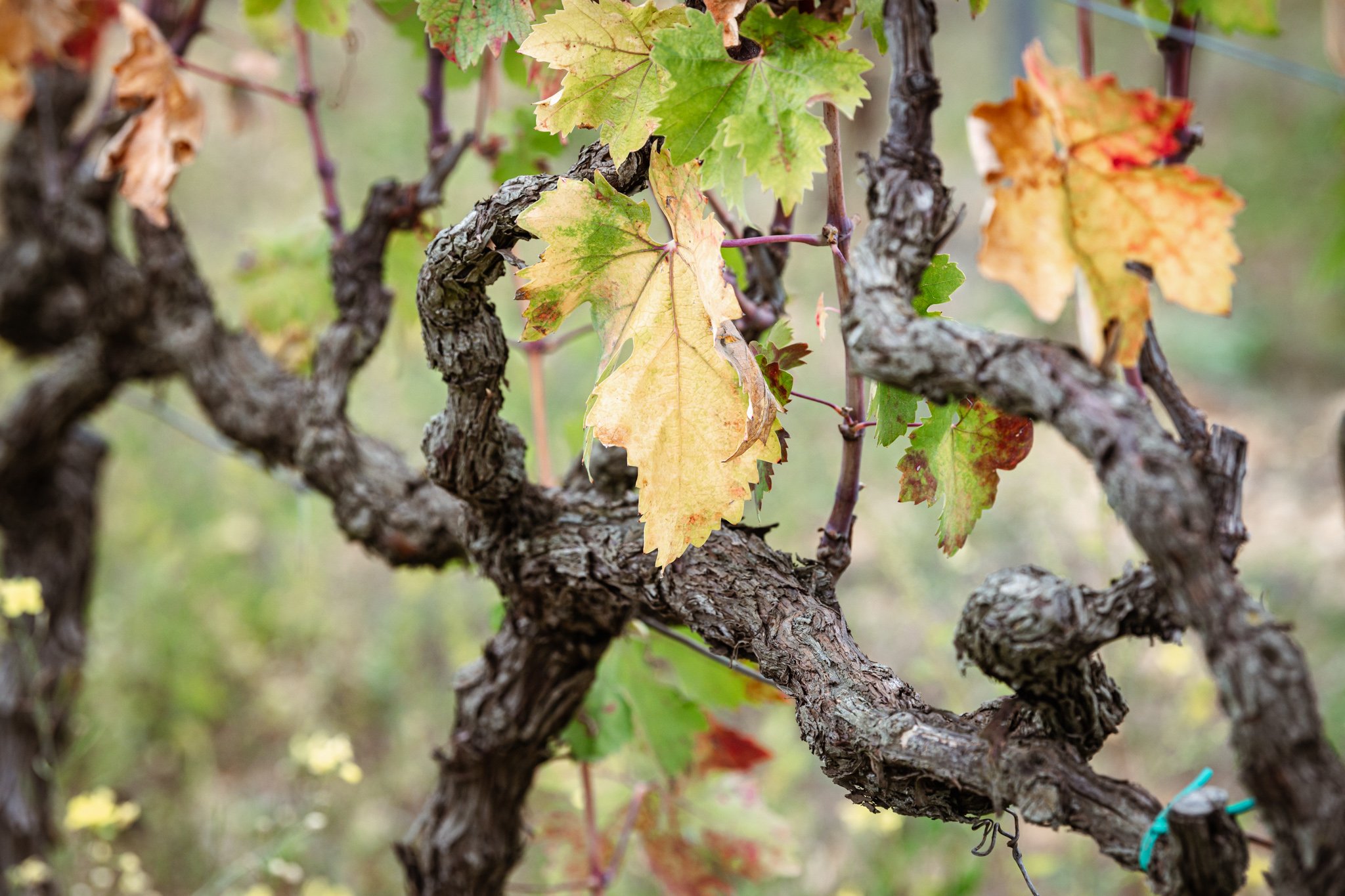
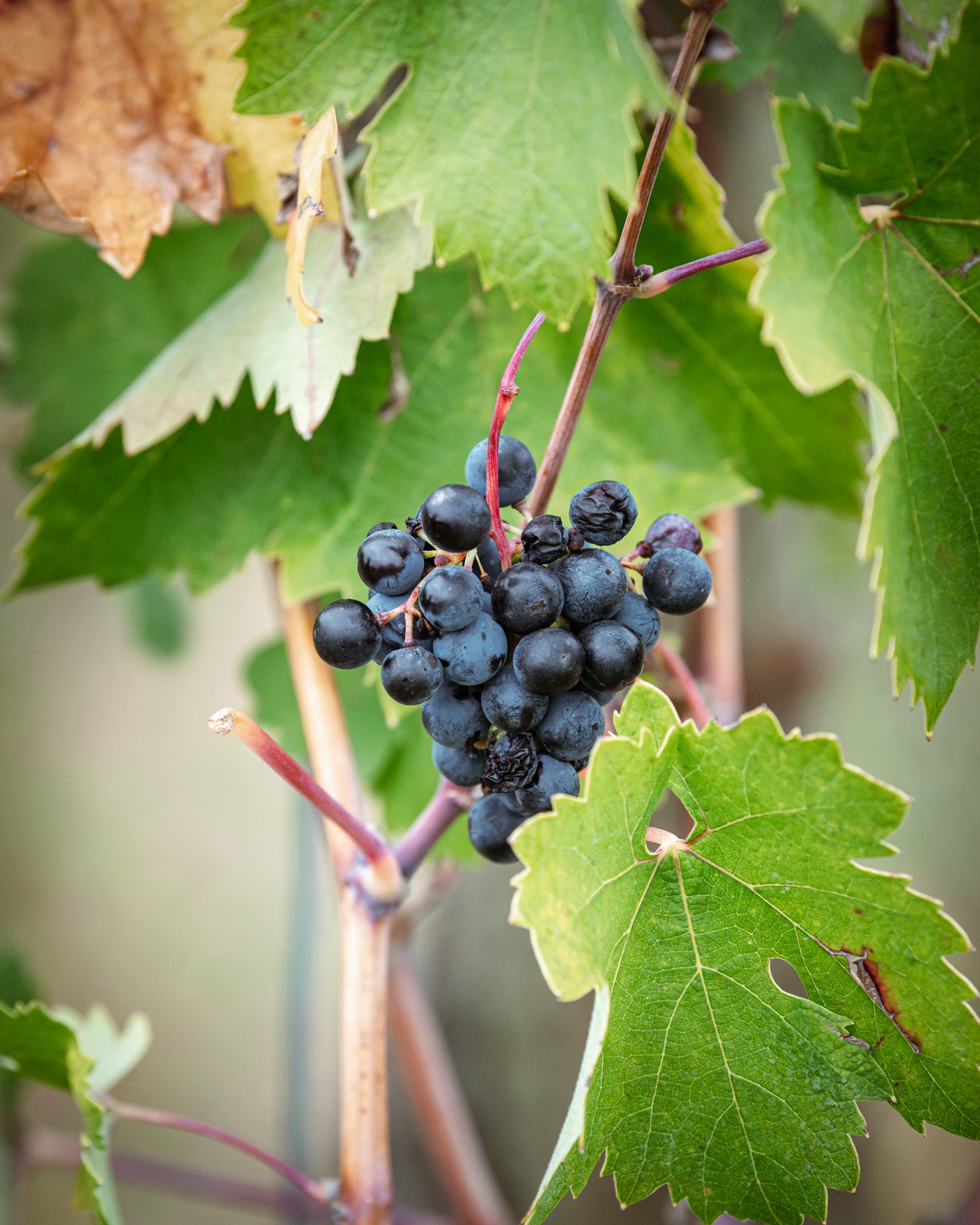


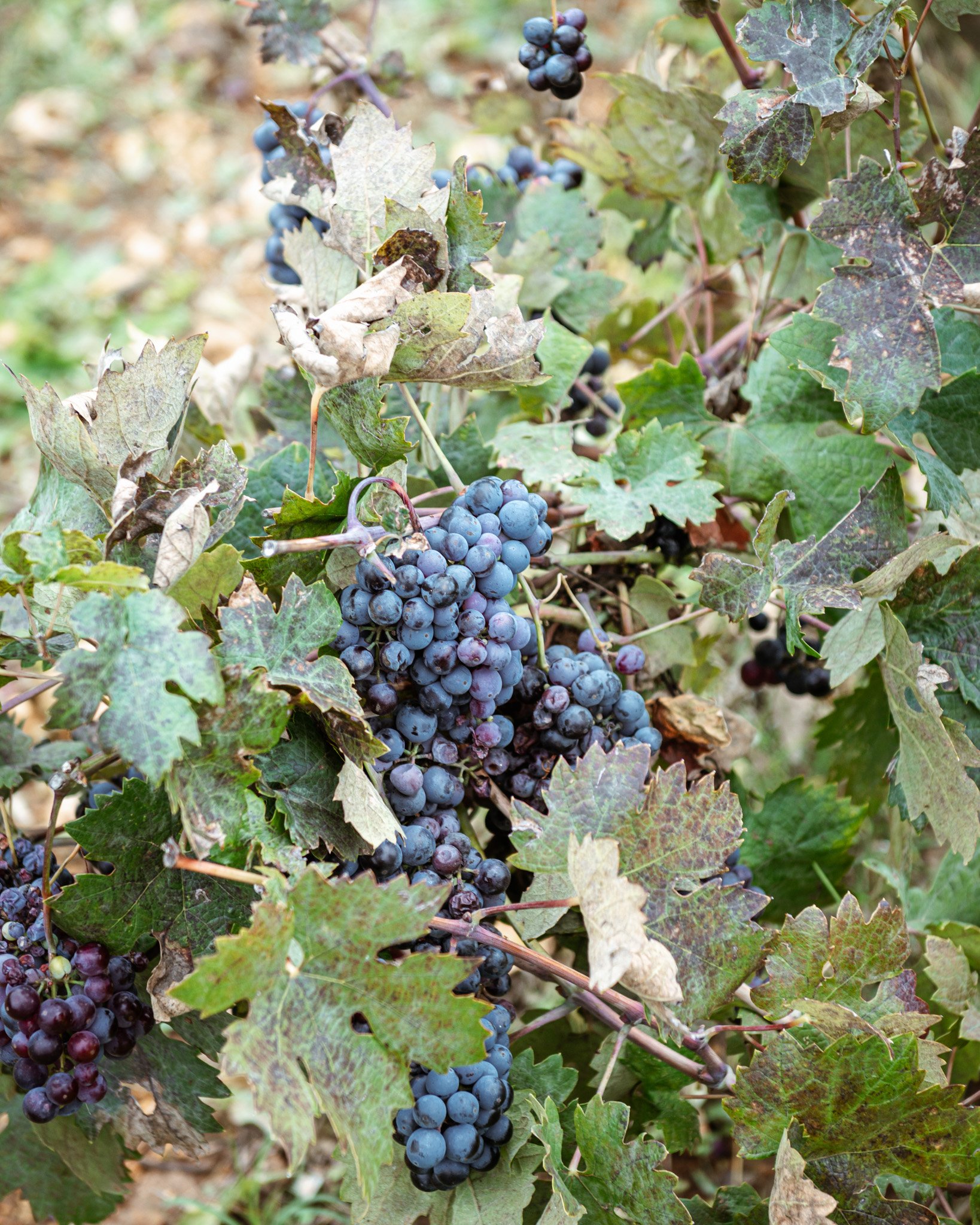
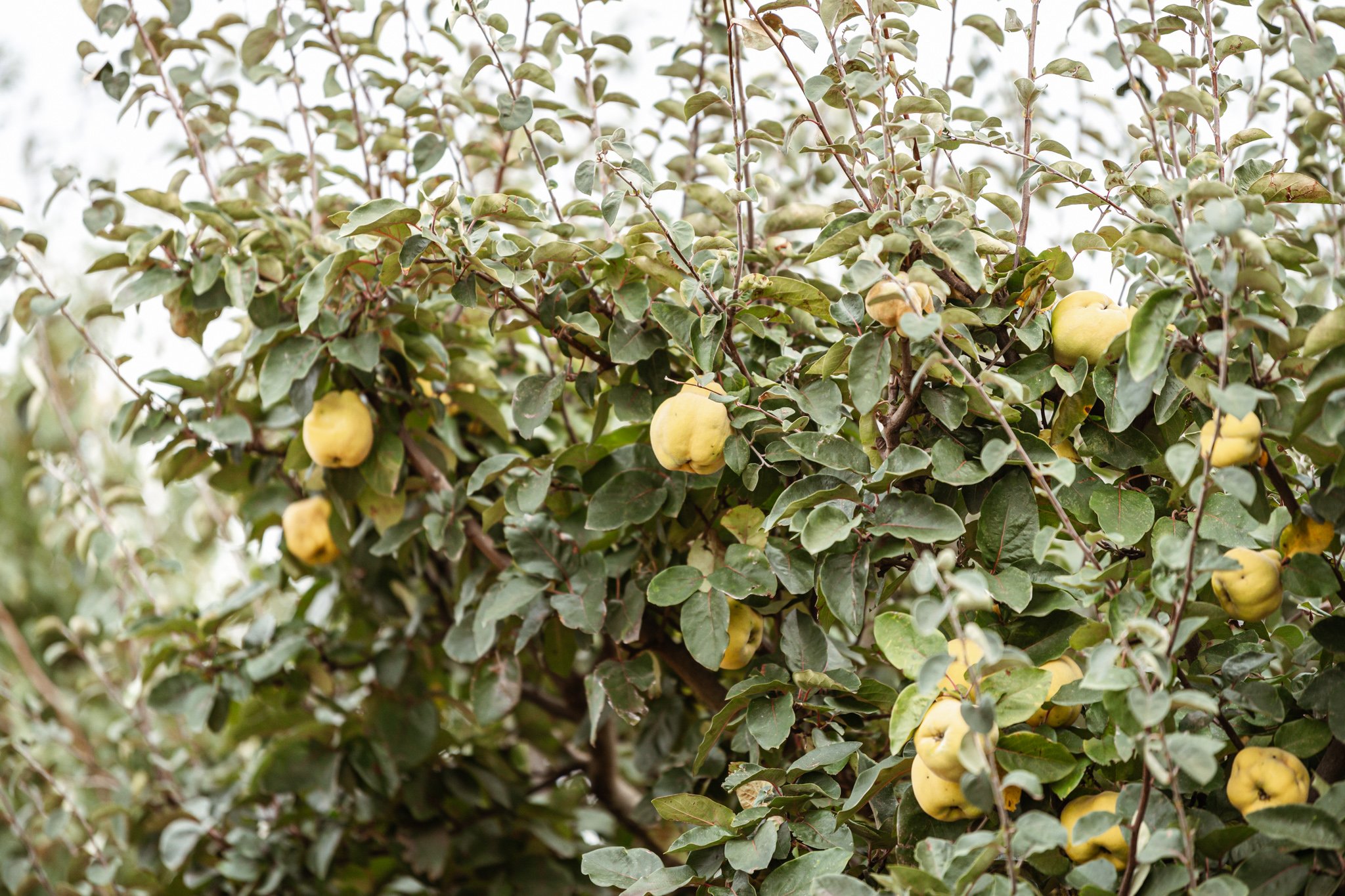
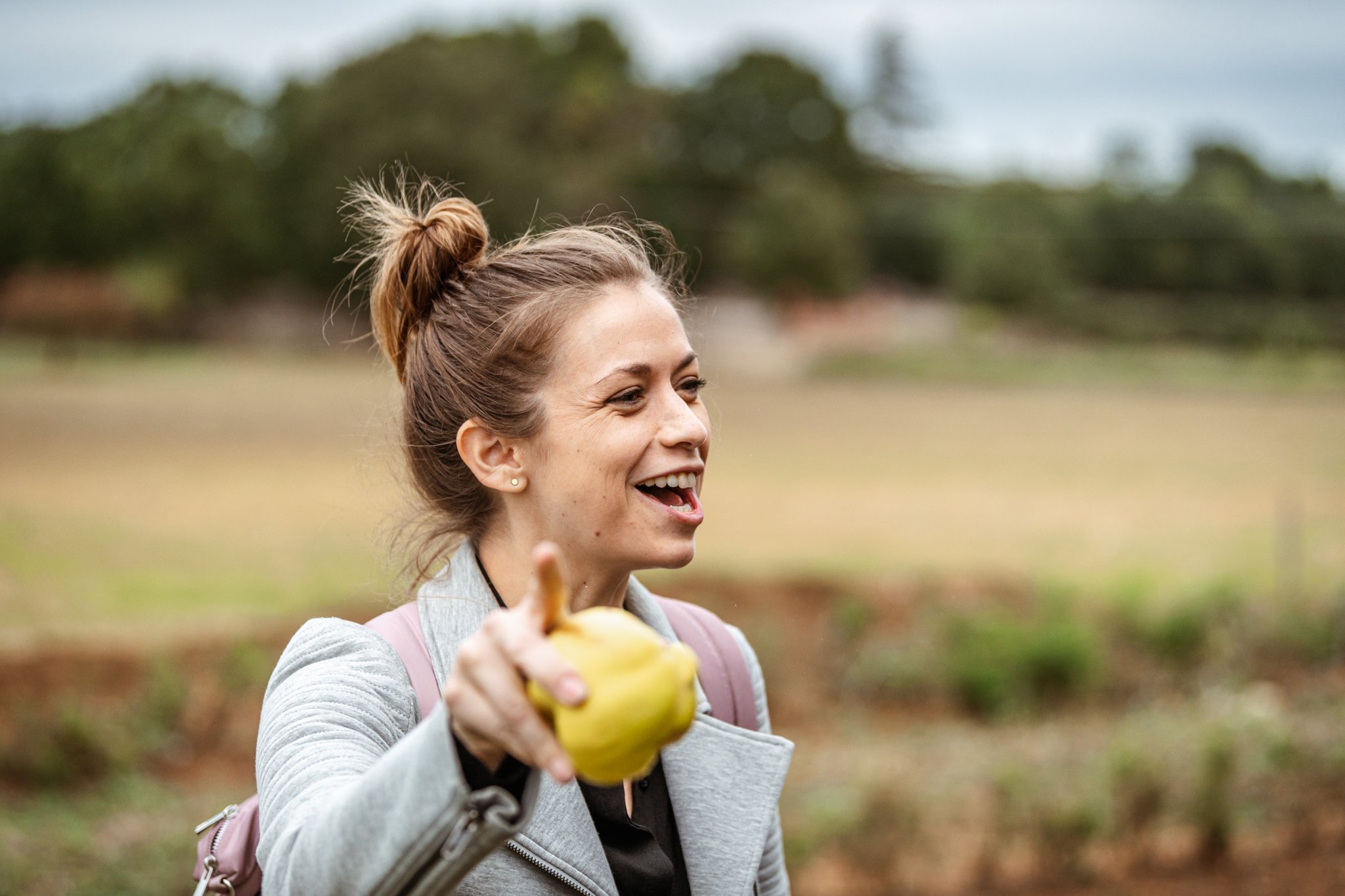

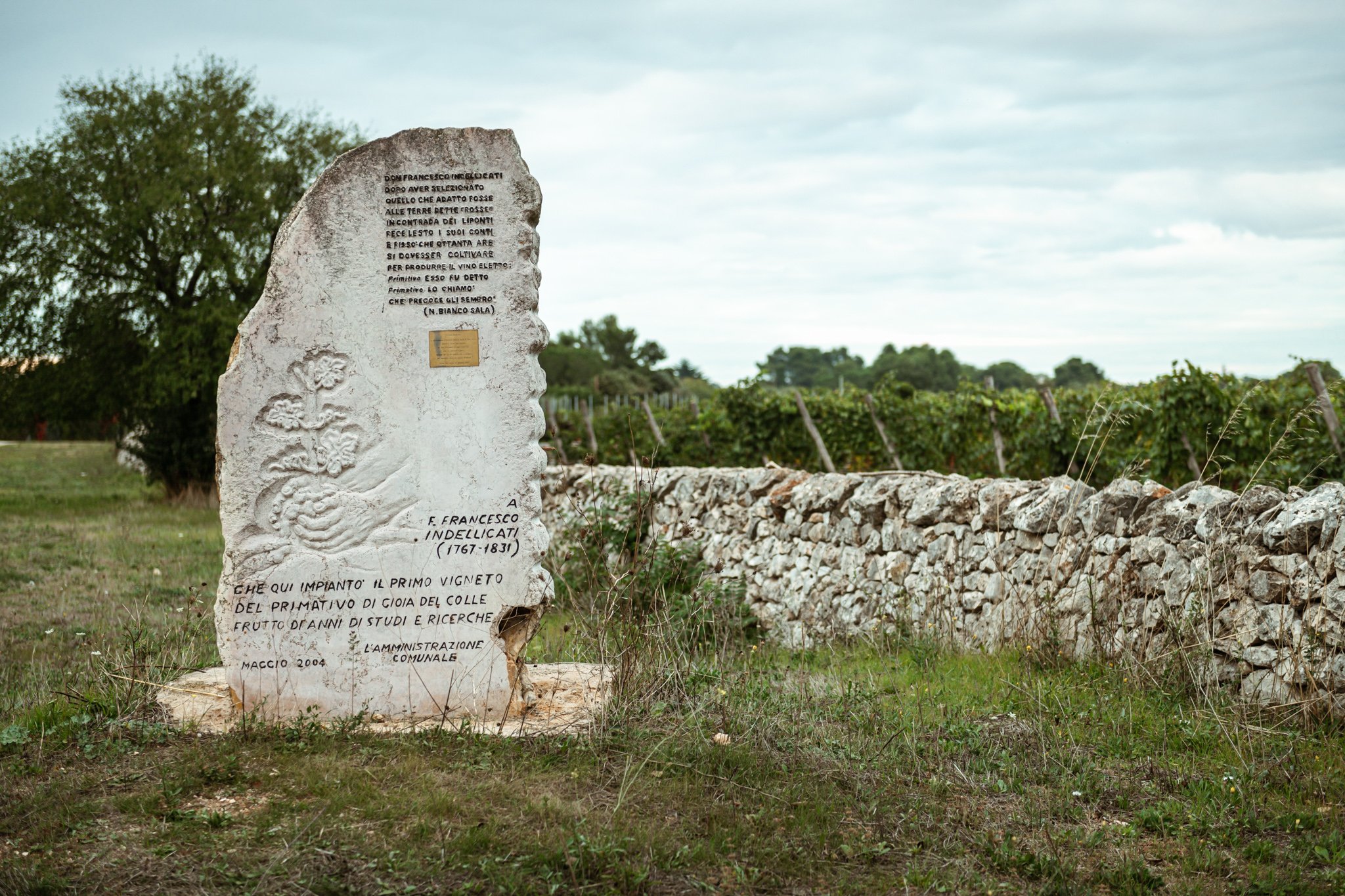


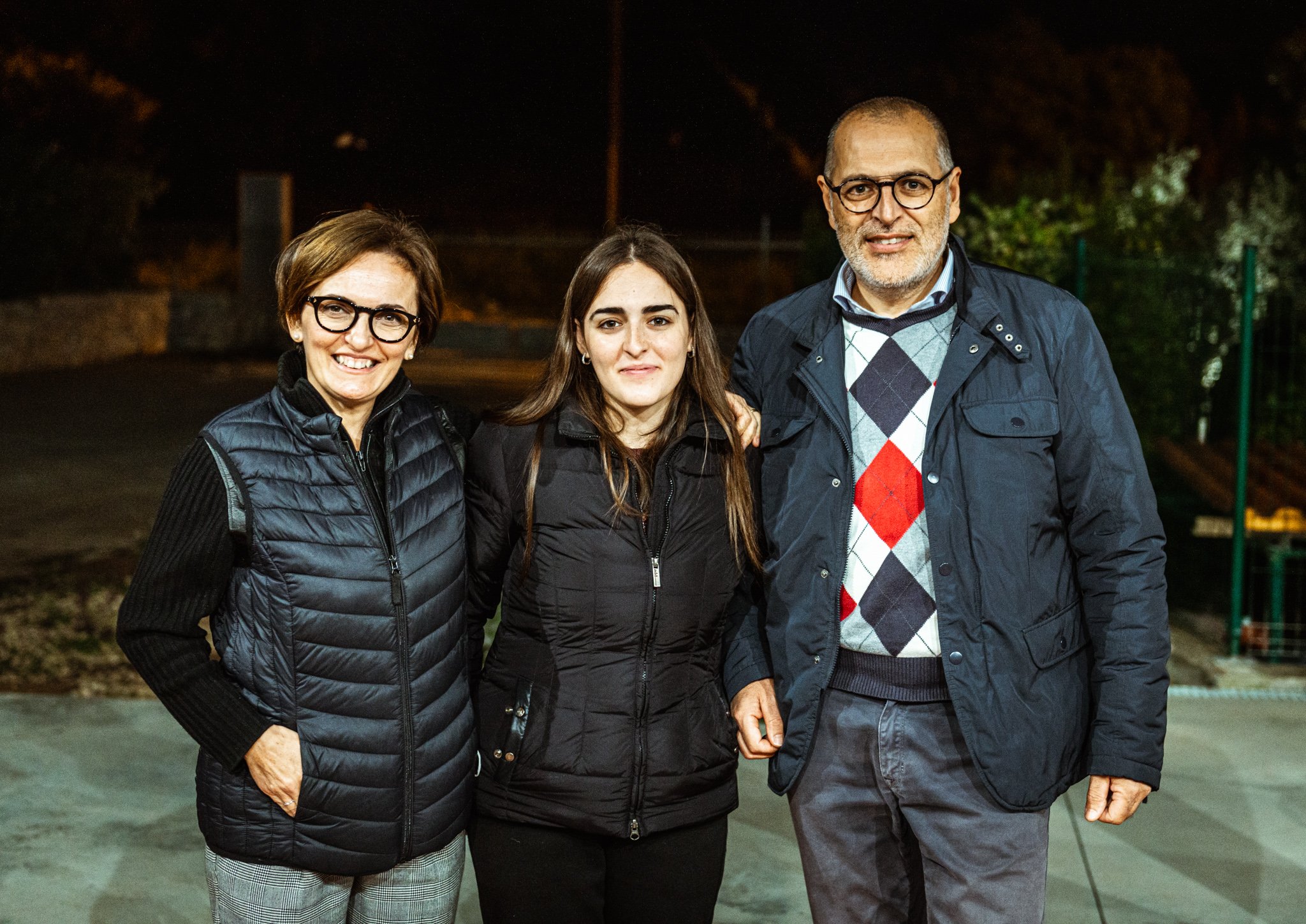
Plantamura
Who: Mariangela Plantamura
Where: Gioia del Colle (Puglia, Italy)
What grapes: Primitivo
Key facts: A certified organic small family farm working with old vines.
Website: http://www.viniplantamura.it/en/
Instagram: @plantamurawines
Plantamura Primitivo Rosato Puglia IGP
Viticulture: Certified organic
Soil type: Limestone-chalk
Elevation: 350m
Grapes: 100% Primitivo
Method of fermentation: Fermented in temperature controlled stainless steel tanks. It’s made with fruit from cooler areas of Mariangela’s nine hectare farm. Harvested the first week in September. Mariangela started estate bottling in 2002, but her relatives organically farmed Primitivo in Gioia del Colle long before she made the leap to become a grower-producer. After over two decades, it’s her first bottling that isn’t red wine! I wonder if a white wine is on the horizon….
Plantamura “Parco Largo” Primitivo Gioia del Colle DOC
Viticulture: Certified organic
Soil type: Limestone-chalk
Elevation: 350m
Grapes: Primitivo (15 year old vines)
Method of fermentation: Fermented in temperature controlled stainless steel tanks, etichetta rossa offers such a phenomenal contrast to the Primitivos from Manduria to the south. Lower in alcohol, absent any oak influence, it’s pure refreshment, lively, ripe without being full-bodied.
Bottles made: 15-20,000
Brambly macerated strawberry and cherry. This wine causes memories of my early excursions in Italy’s heel to come rushing back. It’s vivid. I watched harvest in this field. It is named Parco Largo, because it borders a nature reserve. I remember Mariangela Plantamura and her husband Vicenzo loading grapes onto a tractor, and then into an old wooden vertical press outside the cellar. The cellar is tiny. Mariangela built it behind their home. Plantamura’s two Albanian harvesters told me Parco Largo is full of foxes and serpents. I didn’t love that part. But I do love the biodiversity it represents. The wine is a perfect example of how Gioia del Colle’s cooler, hilly mesoclimate yields lighter, fresher iterations of Primitivo. I’d propose making Margherita pizzas in the Ooni or on the grill, with the best mozzarella di bufala that you can procure. Spicy shrimp spaghetti with the Etichetta Rossa is a treat, too. — JM
Plantamura “Contrada San Pietro” Primitivo Gioia del Colle DOC
Viticulture: Certified organic
Soil type: limestone and chalky soil
Elevation: 350m
Grapes: Primitivo (50 year old vines)
Method of fermentation: Fermented in temperature controlled stainless steel tanks and aged 6 months in stainless steel, 6 months in durmast barrels.
Of course, it’s not just the climate. It helps that Mariangela’s uncle planted vines a half century ago, on soils so limestone-rich that they feel dry to the touch in the middle of a late summer rainstorm. Mariangela took me to see Contrada San Pietro. We admired the vines and the exceptional soil, and the healthy agriculture that she practices. Like many in the area, the Plantamura family foraged wild greens to augment their diet. It’s why Mariangela abhors spraying synthetic products on the land. Plantamura offer single-parcel Primitivos at affordable prices. The “etichetta nera” is aged in medium-sized oak barrels. All the fruit is hand-picked. Older vines give this wine a fuller mouthfeel. It’s ideal for asian red roasted pork, or lamb. — JM
She lived in the same house as a child. “We dream of a cellar in the vineyard.” Mariangela Plantamura and her husband make wine in a simple cellar behind their home, in a typical residential neighborhood. It’s a nice normal place, with a small garden and short driveway. Mariangela drove me to where she wants the new cellar to be, a piece of land that her grandfather first planted in 1946. He would harvest Primitivo in a backpack, 100 kilograms at a time. He planted a special old clone of Primitivo that had been developed by a local monk in Gioia del Colle at the end of the 17th century. The clone is well-adapted to their windy location. “I learned organic methods from my grandfather.” Today they hand harvest their 3.5 hectares of espalier-trained old vines into small baskets.
Gioia del Colle is my favorite town name in Puglia. There are many wonderfully evocative wines to choose from: Locorotondo is a very close 2nd place. Martina Franca gets the bronze. But the positivity of Gioia del Colle makes it my gold medalist. And it is a hill, somewhat rare among Puglian farms I’ve toured. At 350m above sea level the climate is cooler and the wines markedly fresher and lower in alcohol than you might be imagining. Plantamura has wild day/night temperature swings because of the elevation, really a very good thing if you plan to make interesting wine. It’s also quite windy on the hill, not surprising in Puglia, but a real bonus when farming organically: I happy to see mother nature blow those pests (and potential rot problems) right out into the Adriatic!
Rain fell steadily in big cold drops as we walked around, and heavy clods of clay soil adhered to our shoes. We pick up fossils of tiny geometric creatures from millions of years ago when Puglia was a sea bed. Lately Mariangela has been experimenting with biodynamic methods on the farm. “We have to study. Every plant is different from another, like every person is different.” It was amazing to hear her say that, maybe truest of the few small things I’ve learned about wine. It’s the reason why Piedmont Wine Imports believes in small farm agriculture. You have to know your plants individually, like friends, or at least co-workers, and there really are only 24 hours in the day: how many relationships can you have? “If you stand in the vineyard, with animals, plants, in the terrain, you respect it.” They see foxes, rabbits, snakes, all manner of critters on their property, as wild forested areas line the edge of their fields are a part of their immediate environment.
Pretty quickly of course our conversation turns to food, specifically what is remarkable and local. Her father used to collect herbs (herba selvatica) from the vineyards to eat. Along our path Mariangela points out cima di ciuccia de campo, a local white-flowered plant with edible leaves that she says is great with pasta, peppers and olive oil. And of course we talk at length about the great mozzarella the region is famous for. As a farmer, Mariangela knows who makes the best, and where to get it.
Plantamura are dedicated to low yields. Last year they harvested 25 hectoliters per hectare in an area where 80 hectoliters is permitted. The pruning is severe, rigorous, it ensures mature fruit. They do not irrigate, the vineyards are above a natural aquifer and their vine’s roots bore deep into the mineral-rich earth to reach water. Last year they made fewer than 50,000 bottles of wine. Making wine is a relatively new endeavor for the family, this is their 12th vintage. Until 2001 Mariangela’s father (and grandfather) simply grew and sold grapes. At first they made only 2,000 bottles of wine, so the estate is growing, progressing. Mariangela plans to produce a white wine soon, maybe from Fiano or Greco: right now they just don’t have the space in their tiny cellar/garage. As a rule Plantamura prefer employing older methods in their cellar work, the one exception being the use of temperature-controlled stainless steel fermentation tanks. To make a wine of freshness in a warm place like Puglia, this only makes sense.
Of course we must say “Our farmers are nice.” We have to see them again, and word gets around. But I tell you, they really are a lovely couple. You want to support these people. They make exactly the wine I want Piedmont Wine Imports to traffic in, delicious, thought-provoking, joy-producing wine for every day. Wine for a better world where normal people get to drink in all the good stuff that nature provides.
